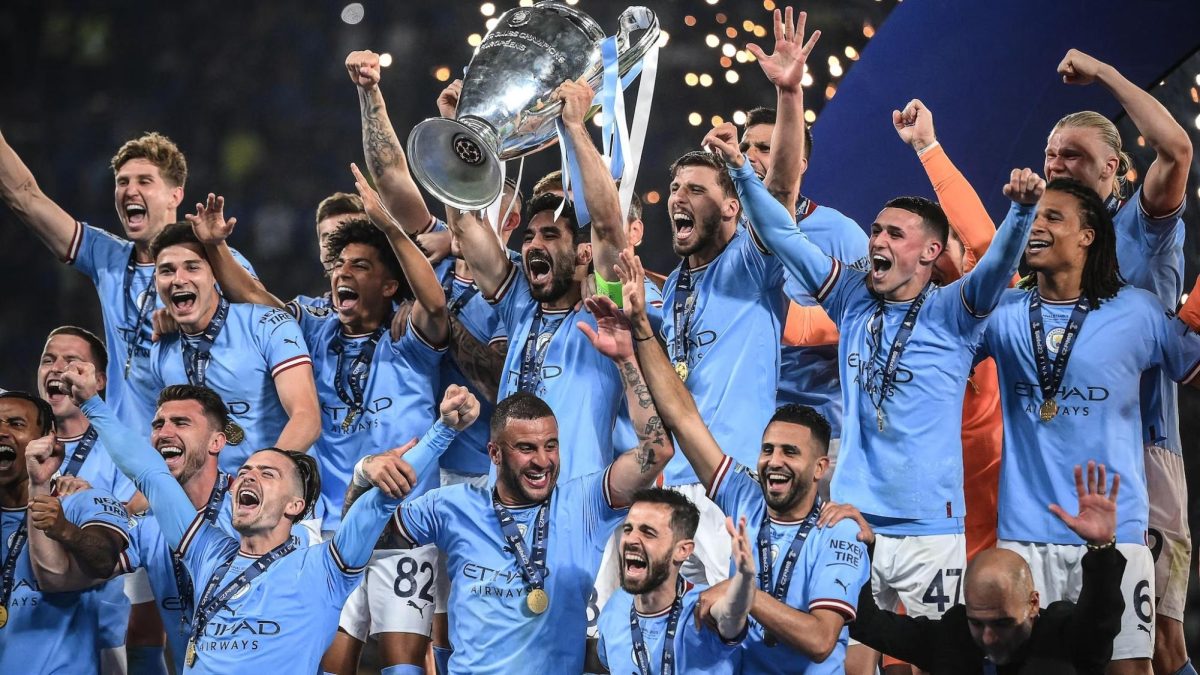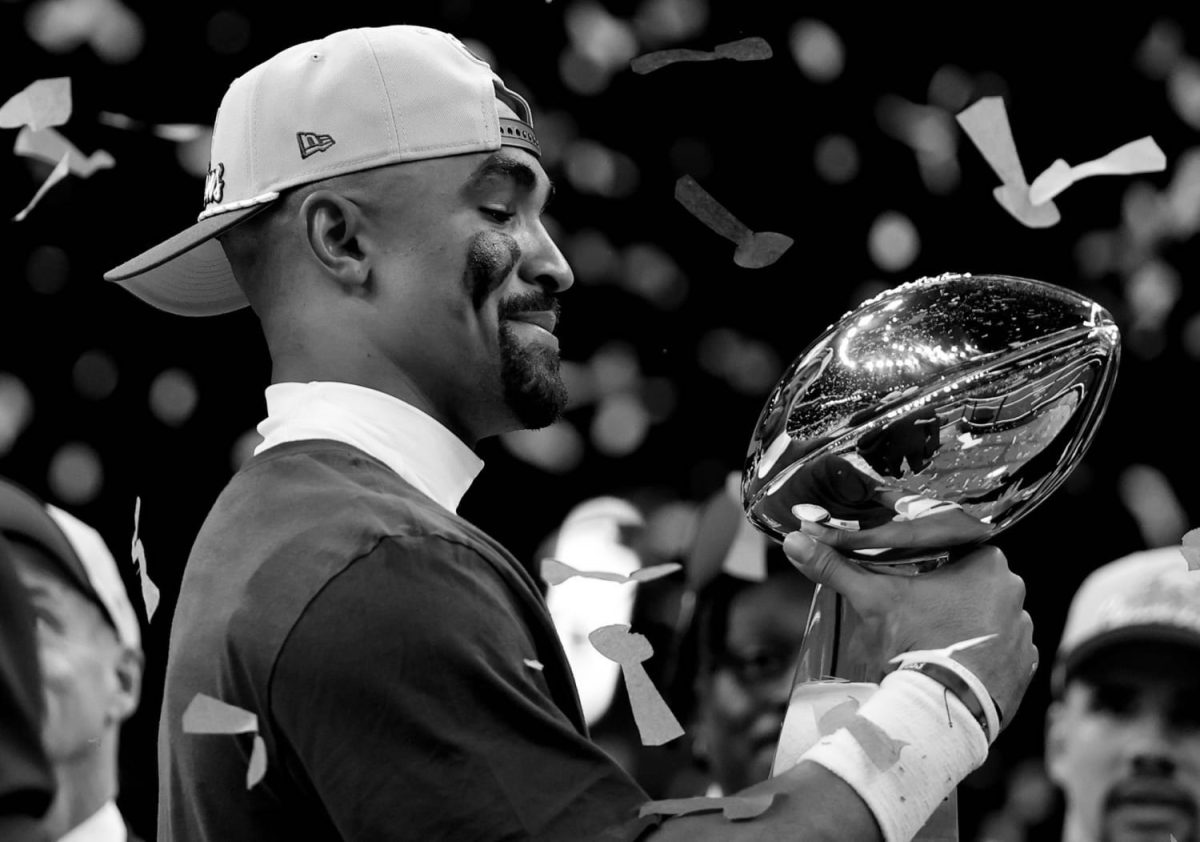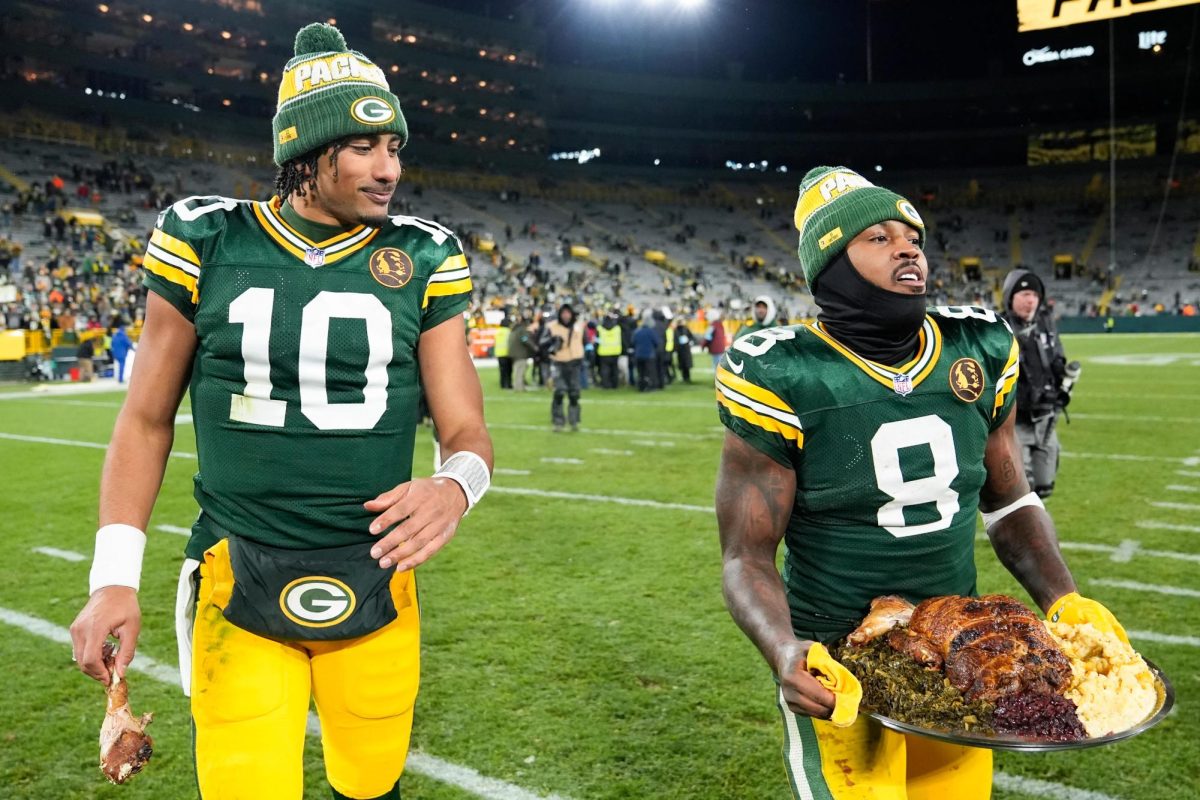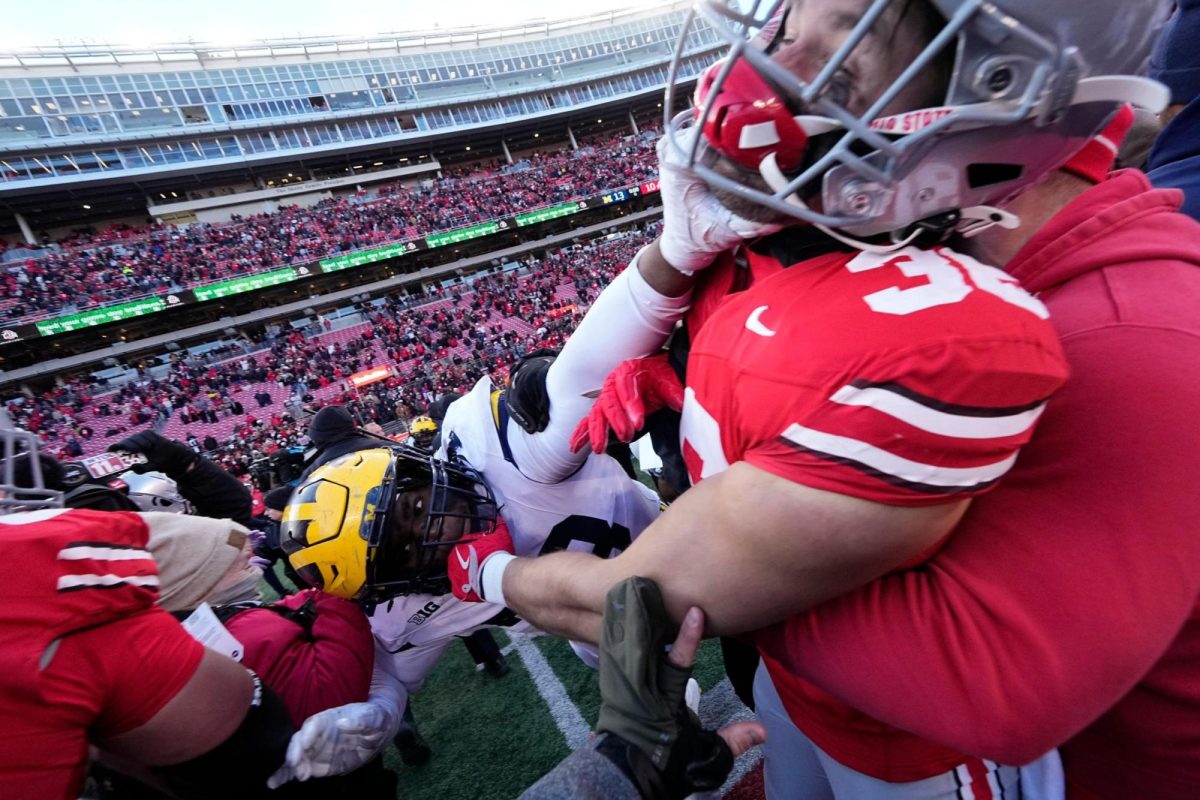Every year, the Union of European Football Associations hosts the most prestigious club soccer competition: the UEFA Champions League. The Champions League, which started in 1955, consists of 32 teams from 55 different European countries. For teams in some countries, qualification for the Champions League comes automatically as long as they finish in the top positions of their national leagues. For example, in England, the teams who finish in the top four spots in the Premier League automatically go to the Champions League group stage. For smaller European countries, teams have to go through qualifying rounds to make the group stages.
The teams are randomly placed into eight groups. In each group, teams play each other twice, once at home and once away. Each win earns a team three points, each draw one point, and each loss zero points. After the group stage, the two teams in each group with the most points progress to the second round. In this round of 16 teams, a second draw happens, and the teams are split into two brackets of eight. Up until the finals, the teams play each other twice in each round. Teams move on by either winning two games, by winning one game and drawing the other, or by scoring more goals than their opponents if they split the two games. Ultimately, the final consists of only one game played in a predetermined stadium that does not give either team home advantage.
For many, winning the Champions League is the ultimate goal in their soccer career. When it comes to conversations about who are the greatest players in soccer, people like Lionel Messi, Cristiano Ronaldo, Zinedine Zidane, and Johan Cruyff come
up — all of whom have won the Champions League. The conversation also extends to teams. The greatest teams in the world have
won the competition multiple times, like Real Madrid, AC Milan, Bayern Munich, and Barcelona. In total, 23 different teams have won the competition, the most recent being Manchester City with its first win.
Real Madrid has won the competition a record 14 times and holds the title of the first team to ever win three in a row, winning in 2016, 2017, and 2018. The closest team to that record is AC Milan, which has seven titles. There are similar competitions in soccer, like the Copa Libertadores for South America, the African Champions League, the Asian Champions League, and
the Concacaf Champions Cup for Central and North America. They all follow the same basis: the top teams form national leagues and play in a continental tournament.
As mentioned, the Champions League is comprised of the European national leagues’ top teams. However, there are two other competitions for teams who were close to finishing in the top spots: the UEFA Europa League and the UEFA Conference League. These two competitions have the same structures as the Champions League but consist of teams who have finished below the top spots of their leagues, often in either fifth or sixth place. The winner of the Europa League gets an automatic ticket to the Champions League the following season, while the winner of the Conference League gets one to the Europa League the next season. UEFA also hosts the Super Cup, a match between the Champions League winner and the Europa League winner. This year, it was Manchester City vs. Sevilla FC. Manchester City won, so it won both the Champions League and the Super Cup, an achievement few teams attain.
The Champions League came under threat a few years ago when some of the presidents of Europe’s biggest teams took is-
sue with how UEFA distributed the league’s revenue. Its income is distributed among all the teams, including smaller clubs that don’t regularly appear. In an act of protest, the presidents of these major teams announced the Super League, a competition containing only Europe’s most prominent teams. They aimed to keep all the revenue for themselves, with each elite team expecting a $400 million influx — four times what the winner of the Champions League earns. The backlash was intense: teams, fans, players, politicians, and managers all came together to denounce the Super League’s elitist and money-driven aims. Regardless, Fiorentino Perez, the chairman of the Super League and the president of Real Madrid, still supports its creation as he thinks the sport is “ill.” Perez is one of the many who have shown time and again how their focus is not on the sport itself but the business of it, which angers many fans worldwide. The Super League came to a halt after most of the teams withdrew their applications, since UEFA and FIFA threatened to impose strict sanctions on those who continued in the project.
The Champions League remains the pinnacle of global soccer, with players and teams fighting for top positions every year to get the opportunity to play on Europe’s grandest soccer stage. For fans worldwide, getting to see their favorite team in the Champions League is always an honor and privilege. The Champions League is well underway this year as teams head into their fifth week of group-stage matchups. Current champions Manchester City hope to retain their title but will come under threat from European giants like Bayern Munich, Real Madrid, and Barcelona.












